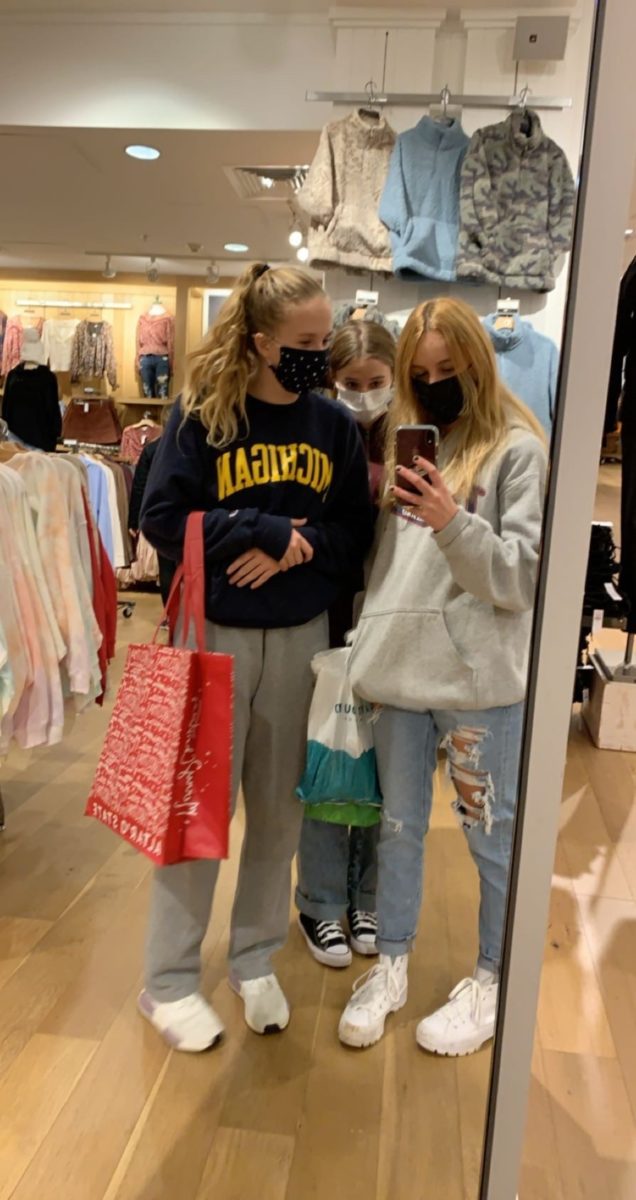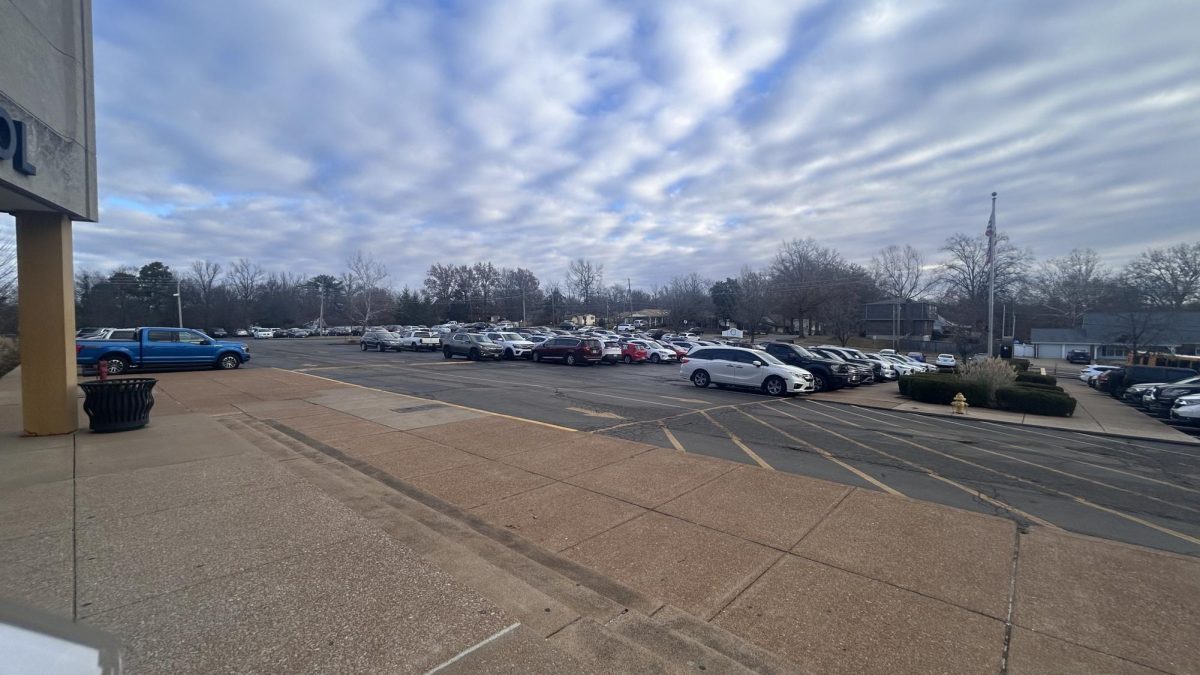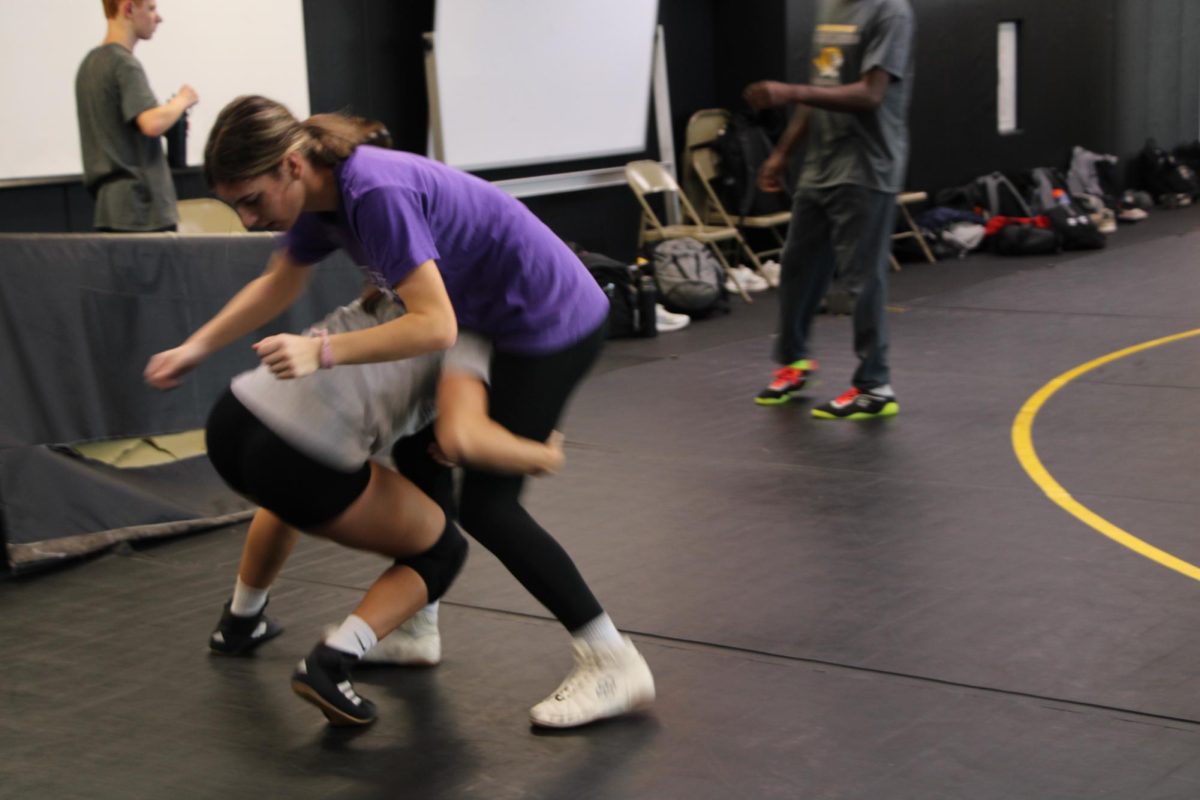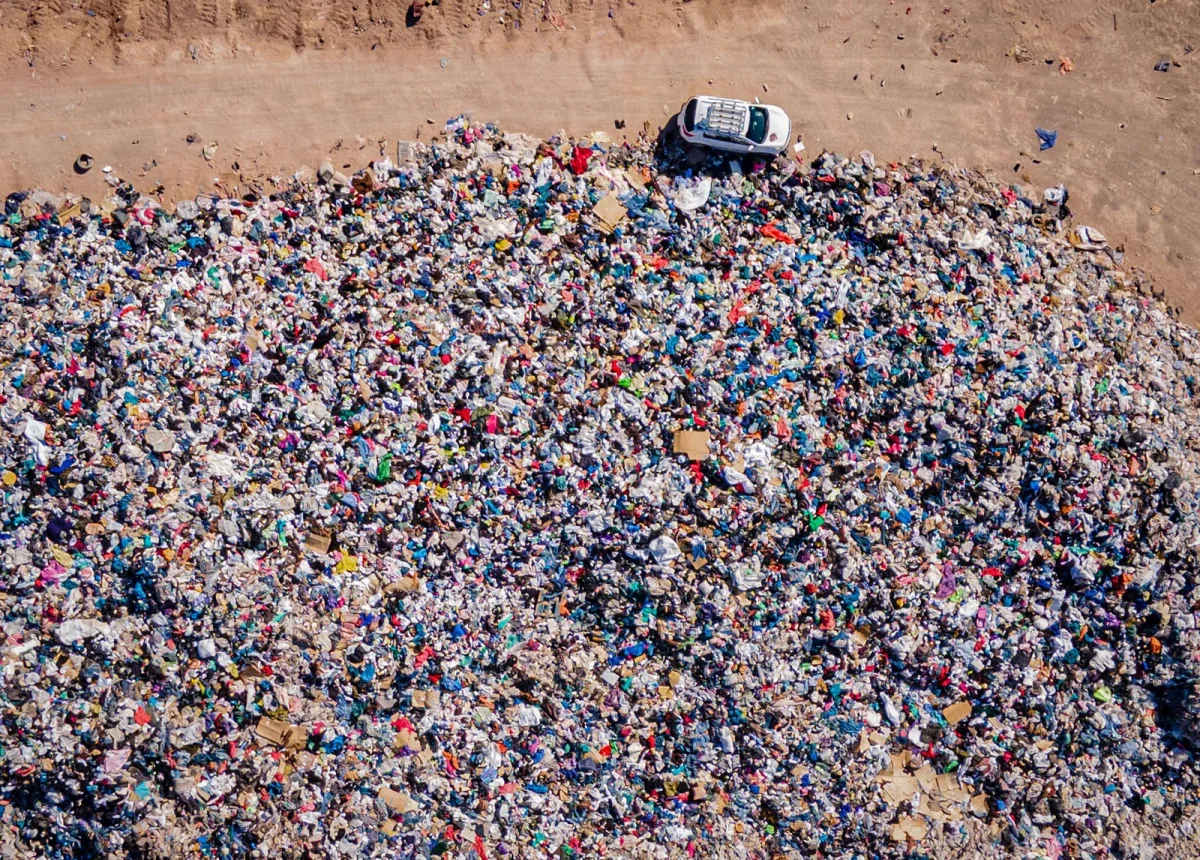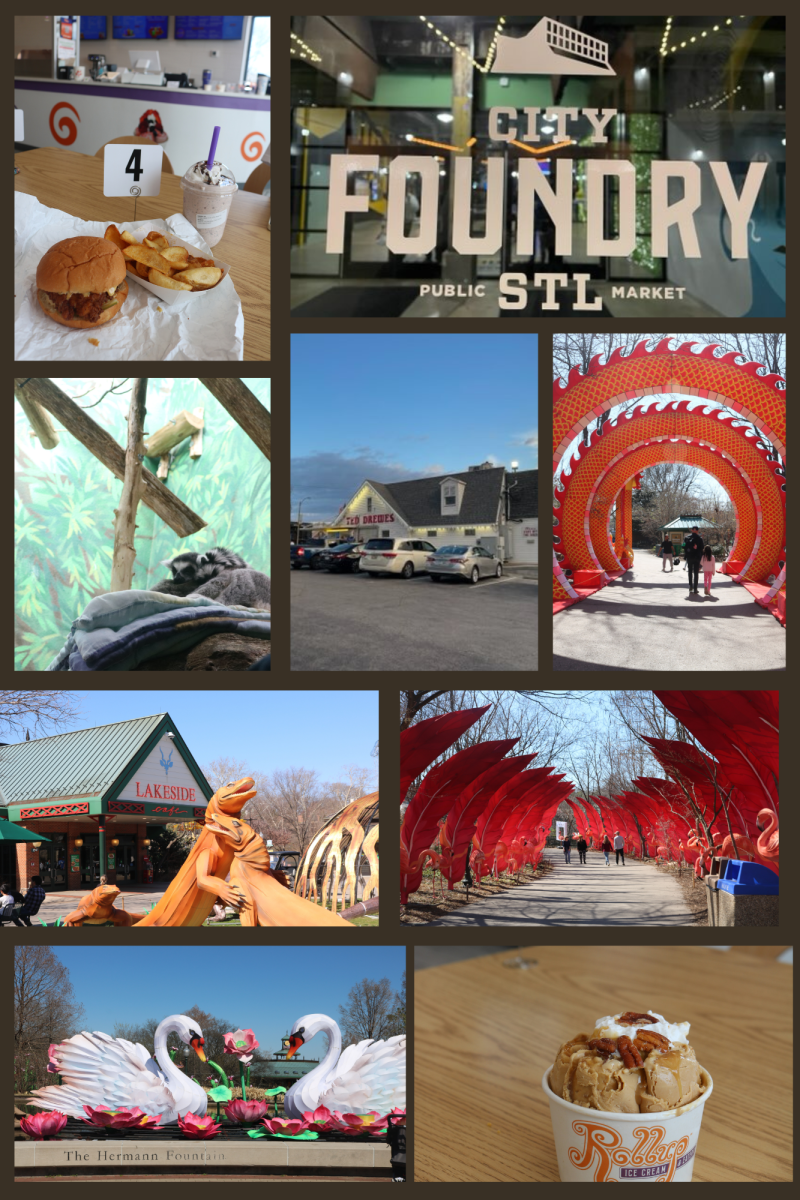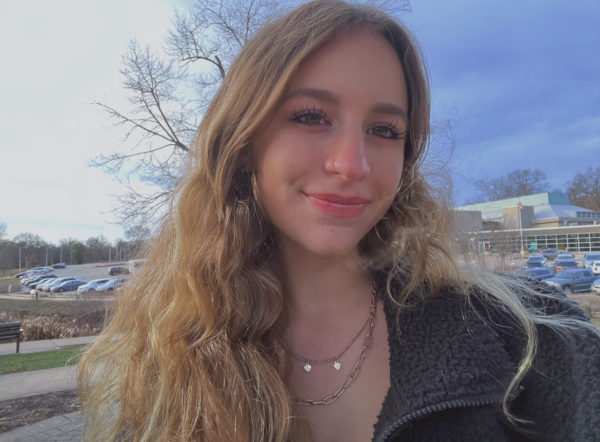The bell rings. You swiftly advance down the hall towards your school bus, laughing with your friends and riding the high of spring break anticipation. The date is March 13, 2020, the last day in which millions of students would experience a typical school environment for nearly two years to come. The absence of school seemed like a utopia for every kid, but little did we know we would soon be longing for the social interaction that school provides.
The pandemic created immense turmoil globally and resulted in the deaths of nearly 7 million people. It crudely forced people to adjust to new work ethics and routines, wear face masks in public places and socially distance themselves from their friends and family for months on end. With that being said, why in the world would anyone miss the pandemic? Why do we yearn for a time when we were living in paralyzing fear of a foreign disease? Is it Stockholm syndrome? There seems to be no clear answer, but I would like to provide some insight into this bizarre phenomenon.
Being a 14-year-old girl at the beginning of the pandemic, I was confident that I knew everything. I felt much more mature than my peers and subsequently came off as a bit pretentious. In hindsight, I truly didn’t know my personality, and the pandemic exposed me to the insecurities I once thought I was immune to. Although I was struggling with being comfortable in my self image, I also fondly remember becoming the person I am today. My schedule was overflowing with free time, and I resultantly discovered new interests. For example, I am an avid fan of cinema because during lockdown I had nothing better to do than to indulge in movies that I had been wanting to watch for years. I also began listening to different genres of music and exploring my personality through art. I found myself creating art as well — I learned how to play the kalimba, painted murals on my walls, took hundreds of photos and so much more. I strongly contend that these explorations and consumption of media sculpted me into who I am today. After consulting students of Oakville Senior High School, I can conclude that I am not the only person who feels this way.
“Yes (I miss quarantine), because I feel like I don’t get my alone time as much. There is more pressure to always be with my friends and be doing something on the weekends instead of getting time to myself,” Serawait Lueker (12) said. “I feel like with school I cannot be at my best. I have to be at school, be at dance and these other things when I’d rather just be in my bed and have time to myself,”
Quarantine provided more free time to us than we have ever known before, so it was easy to become accustomed to this laid back lifestyle. However, everyone dealt with different circumstances, which makes it impossible to generalize.
“People miss quarantine?” Natalie Johnson (12) said. “I do not miss it at all. Not at all. It was a really rough time in my life…COVID made everything worse, so living situations were not fun. In general, COVID sucked for everyone.”
Not everyone cultivated the niche hobbies that they picked up over the lockdown, though. Some went forgotten and familiar habits were lost.
“I started to play the ukulele,” Lueker said. “It’s still in my room somewhere. I cannot play it, but I begged my mom to buy me one off of Amazon because I was that bored.”
On top of students finding refuge and a sense of escaping through physical hobbies, they also indulged in worldly affairs and adopted new philosophies.
“I was definitely more politically active because it was a very emotional state for many people, so others were forced to become emotionally involved,” Johnson (12) said. “Now looking back at it I’m not nearly as active with politics as I was.”
It is also imperative to note the outcomes of the pandemic. It drastically changed our methods of interaction, especially for young teenagers who missed out on immense social interaction.
“…Before COVID, I felt like it wasn’t as common to talk to everyone. Online school forced us to reach out to other people in your classes that you didn’t know as well,” Johnson said.
It is most definitely safe to say that COVID had a drastic effect on our social interaction, but it has also helped us to appreciate the small things in life and to not take any relationship or social situation for granted.
“I realized that being around people is so valuable,” Lueker said, “so I talk to people more than I would have before. It pushed me to be more social.”
The pandemic resulted in much global destruction, but on a smaller scale, it provided a new opportunity for young people, especially students, to express themselves without judgment and develop new hobbies. While some of us wish we could go back to a simpler time with no responsibility, others are happy to be out and back to our normal lifestyles. It’s quite fascinating to see how my peers and I reacted to the pandemic, and even more so to observe the differences in those reactions.


